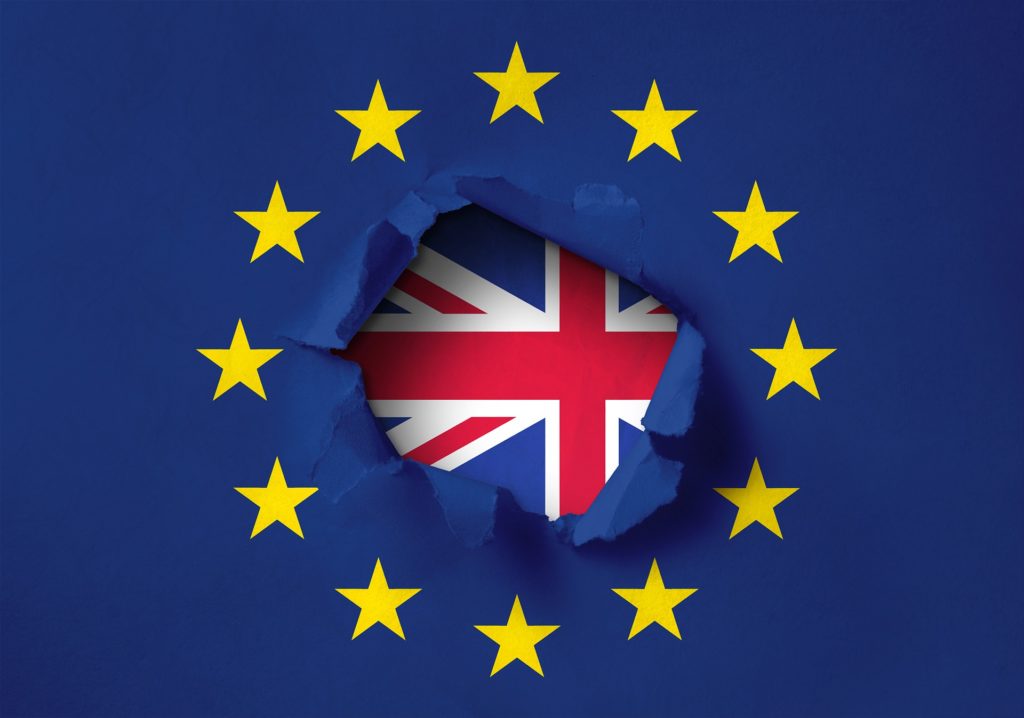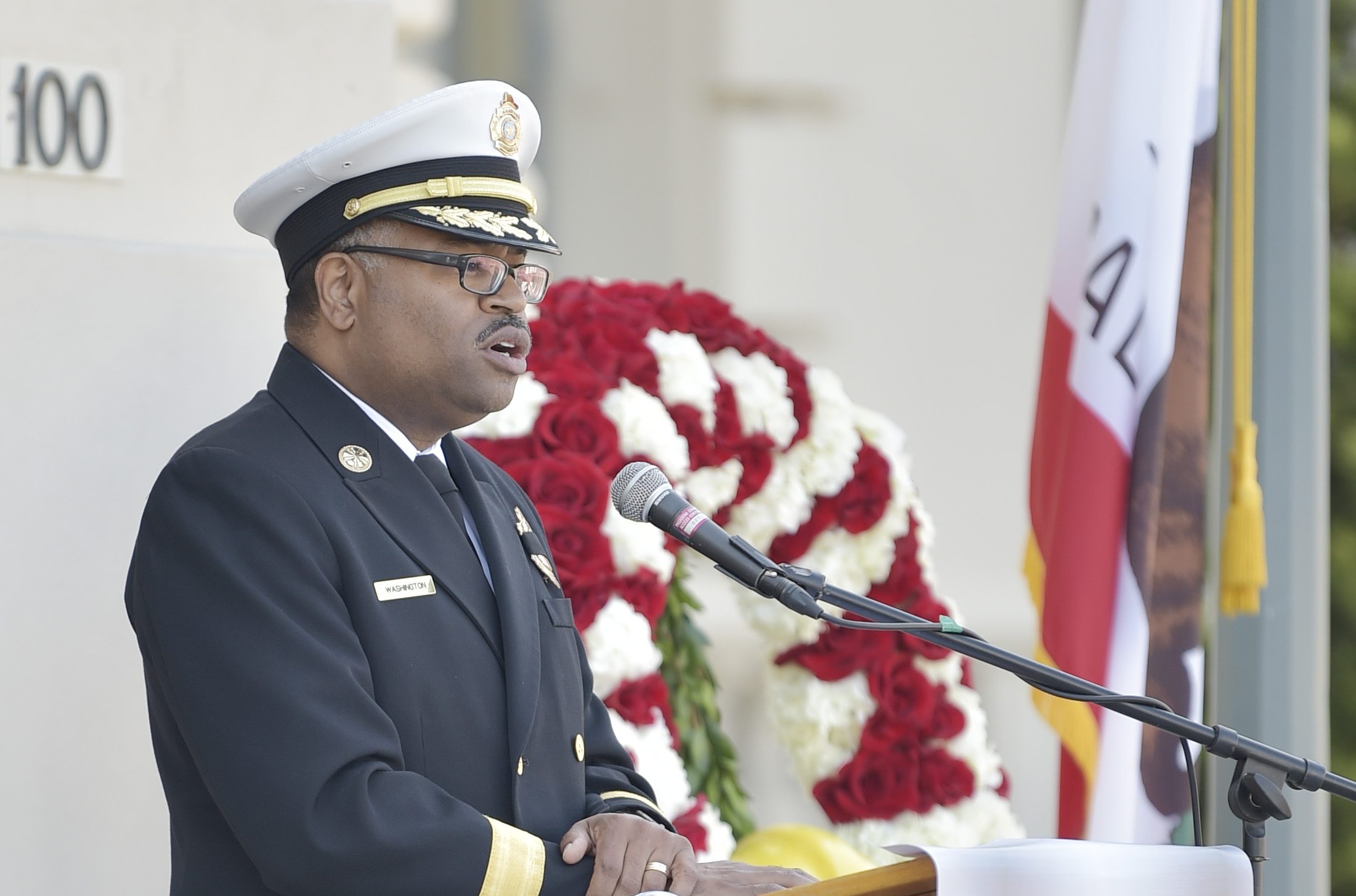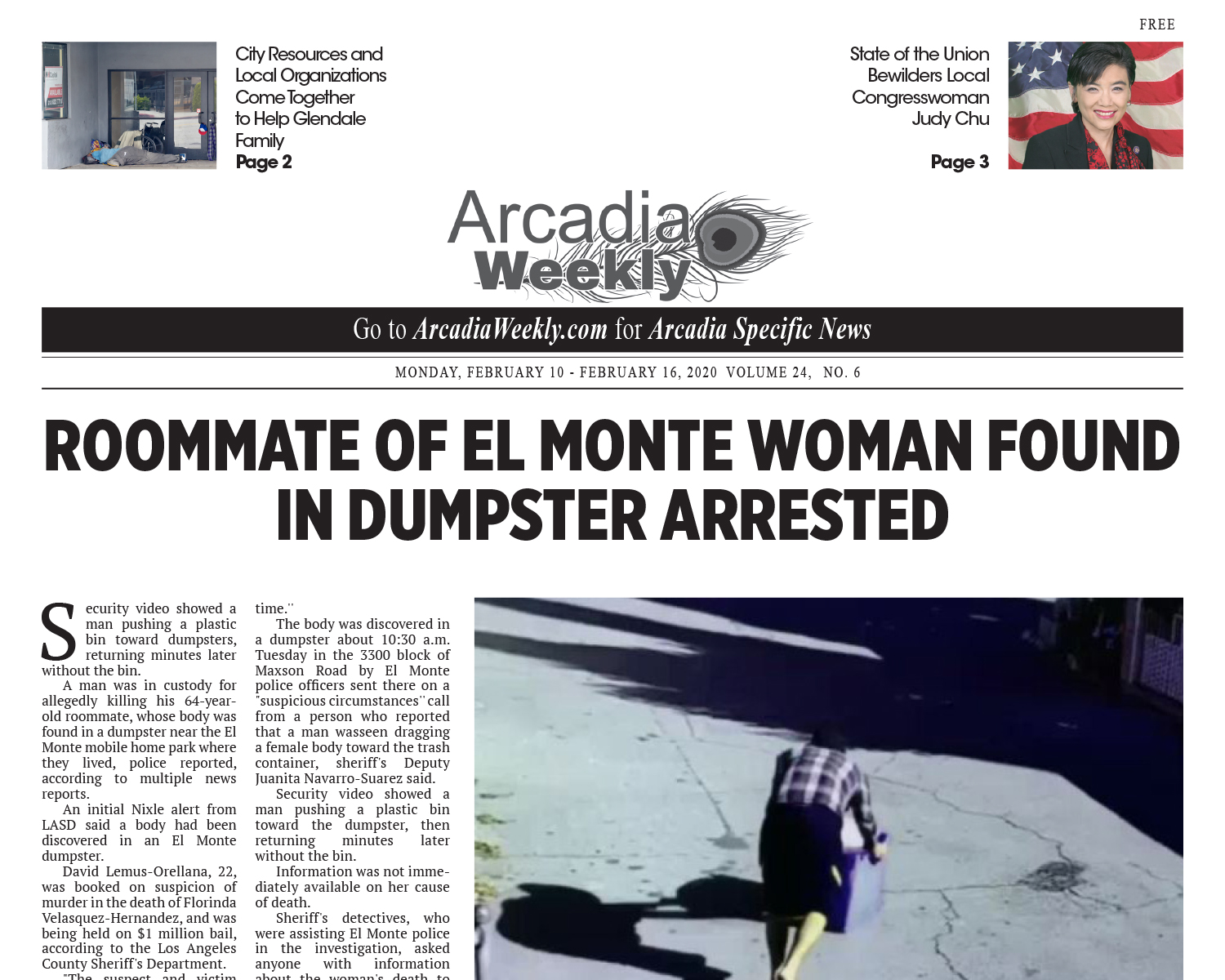
Opinion by Terry Miller
Brexit is the nickname for “British exit” from the EU (Economic Union) from which my fellow countrymen and women departed 31 Jan., 2020; or as I prefer to say, Britain took the “way out.”
To be clear, when Americans depart someplace or other, they immediately look for an “Exit” sign but we Brits are always looking for a “Way Out” of something or other. The distinctive “Way Out” sign is part of Britain’s rich culture. There’s probably some deep-seated psychological reason here which we’ll have to address at another juncture.
The Brexit process began on June 23, 2016. That’s the referendum in which the United Kingdom voted to leave the EU. The residents decided that the benefits of belonging to the unified monetary body no longer outweighed the costs of free movement of immigration. The vote was 17.4 million in favor of leaving versus 15.1 million who voted to remain.
On March 29, 2017, former U.K. Prime Minister Theresa May submitted the Article 50 withdrawal notification to the EU. On July 24, 2019, Boris Johnson replaced Theresa May as the U.K.’s Prime Minister.
Johnson’s Conservative party attained a majority during a royally mandated general election on Dec. 12, 2019.
Last week, England’s historic departure from the European Economic Community sent shockwaves throughout Europe and the U.S. with a distinct blow to America, depending on who you speak with. “Brexit is a vote against globalization. It takes the United Kingdom off the main stage of the financial world. It creates uncertainty throughout the U.K. as The City seeks to keep its international clients,” says The Balance.
To heck with that, let’s talk dialect — something we can all understand — and the eternal friendship, or love affair, the U.S. has with U.K. However, there is one problem: We’re divided by a common language.
Language is only part of the issue; it’s also the way in which we perceive one another in any given social circumstance. We Brits are self-deprecating and have a rather odd, dry sense of humor.
Just take a look at the discussions leading up to Brexit; particularly those in the House of Commons with the ever-so-colorful and frequently hilarious speaker John Bercow’s bellowing that Westminster Parliament come to “order” as it struggled with Brexit. It was “profoundly entertaining, and the United Kingdom’s inability to govern itself makes us feel better about our own political condition.” according to a 2019 opinion piece in The Hill.
Combine Bercrow’s wonderful wit and repartee with whimsical and confusingly odd Prime Minister Boris Johnson’s knack for the unexpected, and often bizarre antics, and you certainly have some classic moments in British history on which to whet your appetite.
Unlike the proud and confident American, the British subject is for some reason always apologizing for something, regardless of any wrongdoing: “Oh, I’m terribly sorry. I’ll do better next time.”
When someone asks a simple question, our immediate response is “Sorry.”
Perhaps it comes down to British manners and so called etiquette that go back centuries where essentially we were all servants.
We British are famous for how frequently we say “sorry” — even when not at fault. But does the data hold up this stereotype? And is apologizing so often really that bad?
Sorry is probably the most over-used word in the United Kingdom: whether they are sorry about the weather or sorry because someone else has bumped into them, chances are your average Briton has blurted out at least one apology in the past hour or two.
A recent survey of more than 1,000 Brits found that that the average person says “sorry” around eight times per day and that one in eight people apologize up to 20 times a day.
“The readiness of the English to apologize for something they haven’t done is remarkable, and it is matched by an unwillingness to apologize for what they have done,” wrote Henry Hitchings in his aptly-titled “Sorry!: The English and their Manners.”
British respondents said they would apologize for someone else’s clumsiness, compared to 24% of Americans.
But in her book “Watching the English,” social anthropologist Kat Fox points out: “A single ‘sorry’ does not count as an apology: we have to repeat it and embellish it with a lot of adjectives.”
By the way, we also apologize for the rain.
Britain’s unique take on humor may seem baffling at first. Heavy on self-deprecation, almost undetectable sarcasm, and constant deadpan delivery, British humor can feel like a whole new language.
Brits use humor to lighten even the most unfortunate, or miserable moments. There are few subjects we don’t joke about. It’s not used to shock and offend but rather because Brits turn to laughter as a form of medicine when life knocks them and those around them down. Misfortune and failure are commonplace in British comedy — provided the jokes are in good taste (although gallows humor is not uncommon). In most cultures, there is a time and place for humor. In Britain, this is not the case; hence, Brexit.
This is exactly why Brexit happened. The “leavers” are now saying. “Sorry, I think we made a mistake. Sorry.” The more familiar British people become with the details of Brexit, the less they like it, according to one of the UK’s leading pollsters, YouGov.
So, once again we have to apologize, America. We do like our independence, and really are WAY OUT but maybe we can still be friends! Let’s have a nice cuppa tea and talk about it, after all we have a very long, convivial relationship with America.






